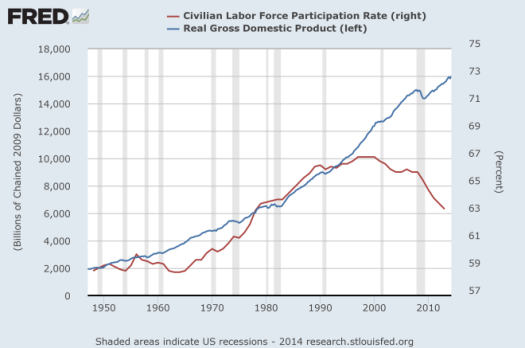Let me get this straight. The author of this trending story on rape at UVA wants us to believe that…
1. The fraternity decided to rape a sober girl and then did nothing to prevent her from reporting the rape afterwards. One guy even mentioned it to her when he saw her later on.
2. Jackie’s best friend Cindy, who was so quick to come get her at 3 a.m. in the morning, didn’t take her to the hospital because “her reputation would be shot” and they might “never be allowed into a frat party again.”
3. Jackie’s best friends Andy and Randall weren’t dissuaded from rushing this fraternity after seven of its members gang-raped her. Randall even joined the fraternity later on.
I have a hard time believing these details. I think they are either outright false or a gross exaggeration.
…or the average student at UVA (an above-average school) really is that stupid and that willing to put their social reputation before justice for rape victims. I guess that’s not totally inconceivable. But if that’s the case, and if this attitude is typical among the average college student (or, at least, the average student at UVA), then I’m not sure this problem will ever be solved. If even people closest to the problem could care less about finding justice, then people up the ranks sure aren’t going to expend too much effort trying to get to the bottom of things. Can administrators even trust the average student’s testimony? Will Jackie’s friends be honest on a witness stand if this case makes it to court? If this story is true, there’s no telling. I think even the author should admit that.
On that note, if I’m right and some of these details are made up, then the author has only hurt the cause of justice by ruining hopes that working with students is going to yield any good, quick outcomes. Same thing if I’m wrong and this really is how the story went down. These students are totally, and almost hopelessly, messed up.
The first step toward solving systemic problems like this is to get the facts straight. Unfortunately, I don’t think this story does that.


